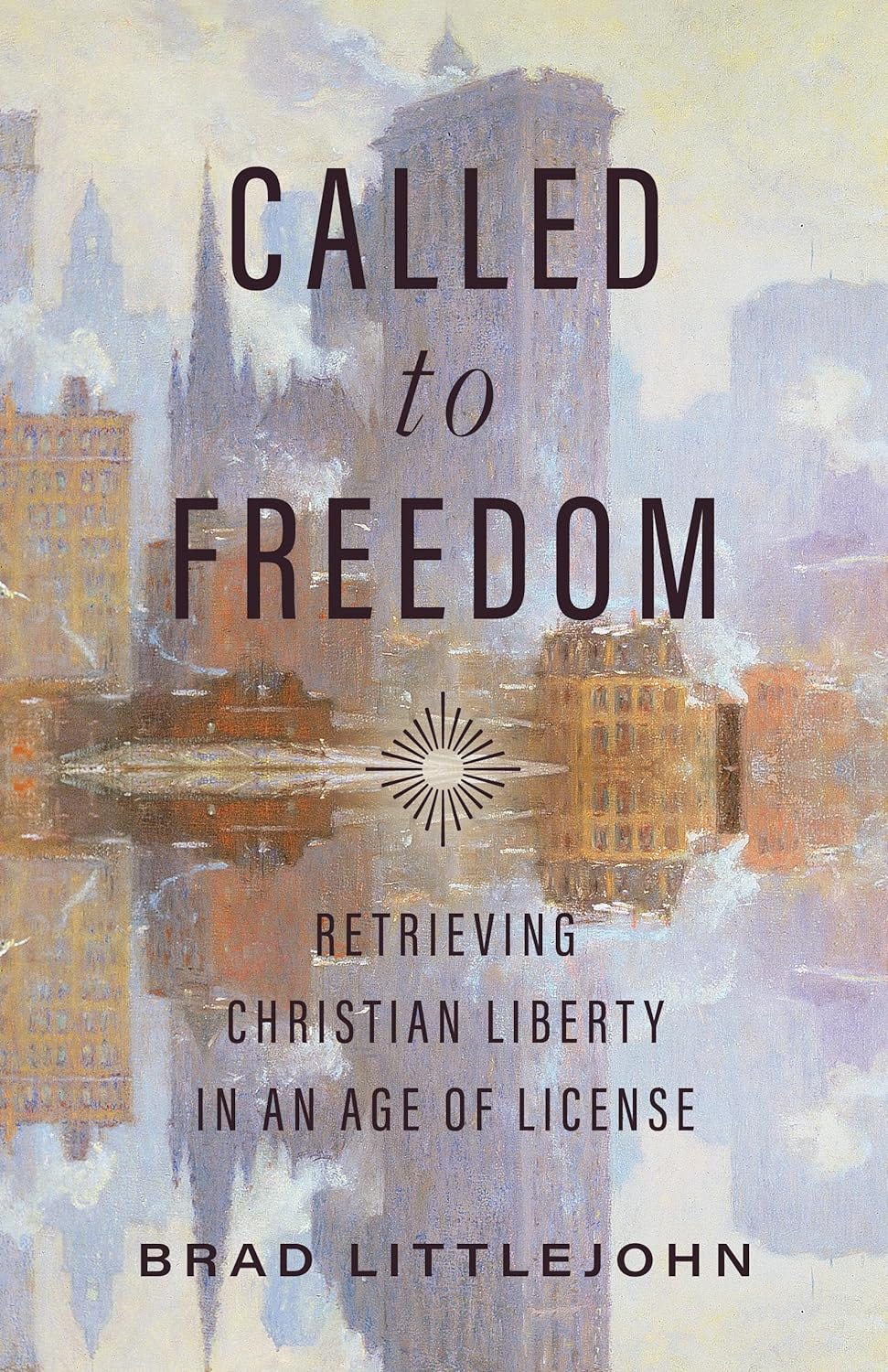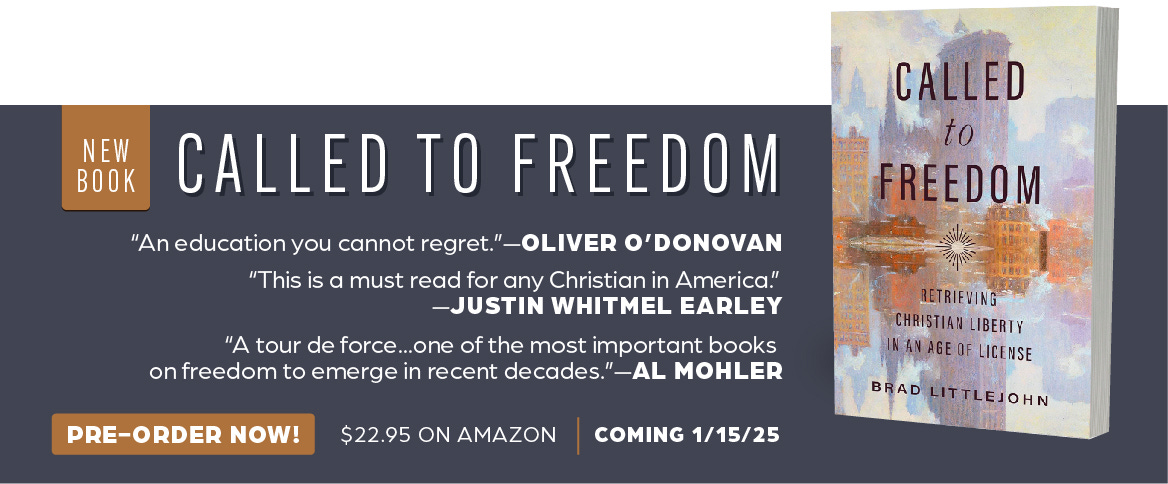Hello friends,
I hope you’ve all enjoyed as restful a holiday season as I have, and as productive a start to the new year. I’m extremely grateful to the more than 1,000 of you who have subscribed during my first six months of writing here, which has proved enormously fulfilling and provided seed-ideas for much of my research, writing, and policy work here at EPPC.
This month looks to be one of the most intense and exciting of my professional life, and I wanted to go ahead and preview for you some of what you can look forward to in the coming weeks.
Support my Work with a Paid Tier
Since writing is much of what I do for a living, and you, my readers, appreciate that writing, I’ve decided to add a paid subscription tier for those who want to support my work with a small annual or monthly contribution. If you’d like to see more about how our technological culture is reshaping our understanding of what it means to be human, what we can do as citizens to fight back, and what we can do as Christians to chart a better path, consider a paid subscription. If you’d like to see more of what a classically Protestant understanding of authority, freedom, and law looks like in a (post-?)liberal society, consider a paid subscription. If you’d like access to the full archive of my posts (39 posts and growing), consider a paid subscription.
That said, if you were counting on this being a free Substack and are afraid you’re now going to lose access, not to worry. I plan for most of my content to continue to be available to all subscribers, and with so many posts coming down the pipe in the next couple of weeks, you won’t be missing out. Since I’m new to this business, I’ll probably be tweaking and fine-tuning the paid vs. regular, but the bottom line is this: my regular posts will continue to be free for all, but if you like what you see here and want to support, I’d be honored by your gift and will try to reciprocate with some members-only benefits.
Coming Down the Pipe: A Supreme Court Case
As you know if you’ve been following this Substack for the past few months, I’ve had the privilege of being involved with the effort to support the state of Texas in its case before the Supreme Court, Free Speech Coalition v. Paxton, seeking to protect minors from online pornography. I am no attorney, of course, but my colleague Clare Morell was involved in helping craft the law in question, and we’ve been working over the past few months to try and ensure it receives the fullest and fairest hearing possible before the Court—and in the court of public opinion.
If you’d like a quick primer on the case, read my column here.
If you’d like to read our full amicus brief, click here.
If you’re a real legal nerd, see all the briefs here.
On Wednesday, January 15th, the case will face oral arguments before the Supreme Court, with a decision likely to be handed down late spring or early summer. I’ve been helping coordinate the PR effort around the case and will be speaking at:
A public briefing at the National Center on Sexual Exploitation, 1:00-2:00 PM Tuesday January 14
A rally/press conference on the Supreme Court steps, 8:30-10:00 AM Wednesday January 15 (please come and join us if you’re in the area!)
A Twitter Spaces debriefing event, 8:00-9:30 PM Wednesday January 15
Also, be on the lookout in the next week for a big article from Clare and I at First Things, “Parents Can’t Fight Porn Alone,” making the core arguments from our amicus brief for a general audience—and hopefully for a cluster of other essays or op-eds, time permitting!
Coming Down the Pipe: A Book
Also coming on January 15th, and rather indignant at having the show stolen by SCOTUS, is the long-awaited publication of my book, Called to Freedom: Retrieving Christian Liberty in an Age of License.
I’ll be talking a lot about the book here on my Substack, on podcasts, and in other writing over the next few weeks. But as this really is a book about everything, I hope you won’t get bored! The book covers such topics as: justification by faith, Christian liberty, liturgy, virtue, addiction, political liberalism, the American Founding, digital technology, modern medicine, free trade, property rights, and church-state relations. Don’t believe me? Well, over the coming weeks, I plan on publishing here seven preview posts summarizing the arguments of the seven chapters of the book. I’ll also be publishing essays at The Gospel Coalition, Comment, and Mere Orthodoxy profiling elements of the book, and popping up on more podcasts than I care to count.
Best of all, though, I get to hit the road and hopefully meet some of my readers. The following events are already on the calendar, with a couple others still getting firmed up :
January 16: Launch party, Ethics and Public Policy Center (Washington, DC)
January 24: Pietas Classical School/Christ College (Melbourne, FL)
January 26: Church of Our Saviour Oatlands (Leesburg, VA)
February 5: Church of the Resurrection (Washington, DC)
February 18: C.S. Lewis Institute (Greenville, SC)
March 1: The Field School (Chicago, IL)
March 16: Christ the King Anglican Church (Alexandria, VA)
April 4: North Carolina Study Center (Chapel Hill, NC)
If you’re near any of these places, please make plans to come! If you’re not, and would like me to speak on the book in your area, please reach out to our Comms Director, Hunter Estes (hestes@eppc.org).
In any case, I hope that you will buy the book, leave a review, and spread the word. There are few confusions in modern American life—and in the modern American church—than over the meaning of freedom. If my book can contribute in some small way to unraveling those confusions, it will have been time well spent.
Coming Down the Pipe: Tech Policy is the New Family Policy
Several months ago, I wrote a post here under the title, “Tech Policy is the New Family Policy,” and a few weeks later, I expanded this argument in a programmatic essay for American Compass, “iThink, Therefore iAm.” Since that time, I’ve been blessed by the opportunity to link arms with a growing cadre of like-minded social conservatives who recognize that the current political playbook has not been working: while we had our eye on the bureaucrats and the universities, we silently allowed an anti-human agenda to be smuggled into our back pockets—literally. At the same time, Ludditism is not the answer, even if we wanted it to be. For better or for worse, most of us are condemned to remain digital natives, and if indeed our humanity is at stake, we cannot evade the demand for a practical policy agenda that harnesses technology to serve and strengthen the family, rather than dismembering it.
The blueprint for such an agenda is now being sketched out, and I look forward to soon being able to share with you more about what is coming down the pipe. For now, please set aside 20 minutes to read this extraordinary essay at National Affairs by my friends and collaborators Michael Toscano and Jon Askonas: “Technology for the American Family.” It lays out a powerful vision, arguing that today’s technologies pose profound new threats to the family—but also profound new opportunities, opportunities to reverse many of the harmful effects of the Industrial Revolution on family life:
“Today, advances in artificial intelligence, robotics, energy, aerospace, and the like are on the cusp of unleashing changes at least as unsettling as those of the past 150 years. If conservatives wish to restore the family as the foundation of our civilizational order, they must develop a comprehensive theory of technological change. Without a coherent set of principles and policy prescriptions on the subject, new technologies will continue to heap disaster on the American family. But if properly guided, such innovations can help uplift the family and usher it into a new era of flourishing.
Please do take time to read it.
Just yesterday, I sent a companion essay, “Stop Hacking the Human Person,” out the door. Co-authored with my friends Clare Morell and Emma Waters, it lays out the case for how our technologies, across a whole range of applications from gamete to grave, are short-circuiting the natural functions and pathways of the human person, providing short-term hits to our dopamine circuits and to GDP, but long-term harm to individuals and society as a whole. Look for this to publish before the month is out. Also, closely related to this, last week I sent in to American Affairs my 8,000-word review essay of Barba-Kay’s A Web of Our Own Making, one of the most important books I have read in years. Look for this to publish in the spring.
Well, that’s all for now. Stay tuned for my first regular post of the new year this Friday, Lord willing!








Happy New Year 🎊 Enjoy your writings. If you're up for unsolicited suggestions for future topics, I'd like to suggest analysis of principles our nation was founded on — and that still massively influence us today. A recent interview I heard with a Christian author announced he is releasing a new book this year on "Biblical Government." He stated "our America was founded on biblical principles." Specifically I would like to see these principles analyzed:
"Almighty God hath created the mind free. All attempts to influence it by temporal punishments or burthens...are a departure from the plan of the holy Author of our religion"
"We hold these truths to be self-evident, that all men are created equal"
"We hold these truths to be self-evident, that all men...are endowed by their Creator with certain inalienable rights, among these are life, liberty, and the pursuit of happiness"
“Governments are instituted among Men, deriving their just powers from the consent of the governed.”
👍